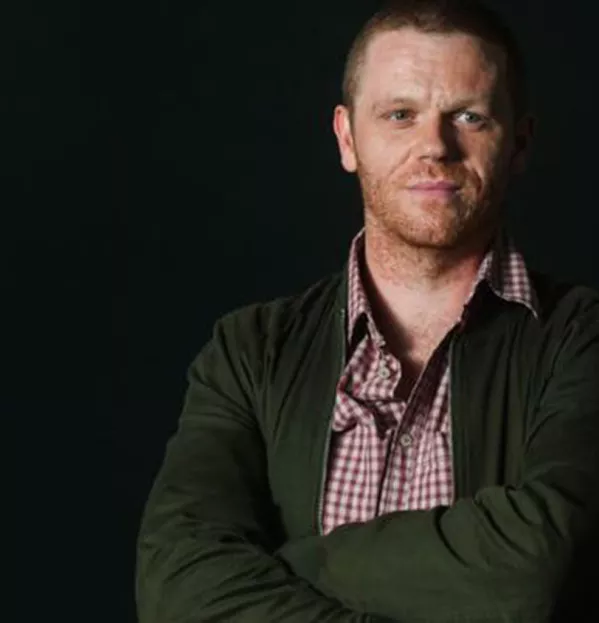The chances are that if you got speaking to a Scottish teacher this year, they had just read, were in the middle of or were planning to read Darren McGarvey’s Poverty Safari. Here at Tes Scotland, we’ve never seen a book become such a talking point in the profession.
It’s not hard to see why. McGarvey - a rapper also known as Loki - delves into many pressing issues in Scottish education: childhood trauma; mental health; the attainment gap; holiday hunger; gender-based violence; the lifelong influence of parents. His mix of uncompromising polemic and painful memoir about growing up in Glasgow’s Pollok area will resonate with any educator who has even the tiniest bit of curiosity about what lies behind a student’s problematic behaviour.
McGarvey came to prominence as a supporter of Scottish independence in 2014, but this year - having won the Orwell Prize for non-fiction and made a big impression on BBC’s Question Time - he has reached a far bigger audience. It is his unwillingness to pull any punches that marks him out, and he has some difficult messages for teachers.
Speaking to Tes Scotland (“Top 10 change makers in 2018”), he says: “For a lot of kids, their experience of school is so bad that it actually hardwires a scepticism of public institutions more generally.”
Any change designed to help people who are disadvantaged - in education and beyond - must involve consultation with them, says McGarvey. Otherwise, there is a risk that schemes like the Pupil Equity Fund will make little difference. “Often, the most well-meaning attempts to engage with a certain community are thwarted by the fact that those people have no sense of connection with what’s going on, because the decision’s been made above them,” he argues.
McGarvey is now a father and hopes for a school experience far different from the one when he was a pupil: one that is “not just about becoming economically viable, but also about being of service to your community”.
“A more holistic education would look at not just what can you learn to get a job, but also how do we live, how do we be in the world, how do we manage our emotions, how do we identify stress? These things are really very, very important.”
McGarvey’s influence on Scottish education is indisputable and it is for this reason that we have chosen him as our Person of the Year.
The other entries in our Top 10 reflect debates that have dominated Scottish education over the past year, including mental health, an apparent “culture of fear” among teachers and the advent of what is being claimed as the world’s first “LGBTI-inclusive” education system.
They remind us, too, of just how much the campaigns against the government’s teacher pay offer and its national assessments ramped up this year. They also show us the critical and too-often-underappreciated role that FE has to play in Scottish education.
One of our entries is, in strictly technical terms, nothing to do with Scotland. At the Global Education and Skills Forum in Dubai back in March, I sat a few feet away from three survivors of the mass school shooting in Parkland, Florida - all aged 17 or 18 - in which 17 people had died a month before. They had already addressed thousands of delegates, and were now quizzing Tony Blair and George Osborne on how to advance their campaign for greater gun control.
They were eloquent, measured and without rancour; they sought not vengeance but ideas on how to make the world a better place. Their end goal, said 17-year-old Lewis Mizen, was that every child in the world “is able to go to school and come home at the end of the day”.
This is the privilege of teaching in every country: the students in your classrooms today are the people who will change the world tomorrow.
@Henry_Hepburn
